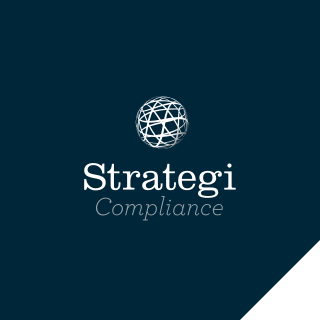While keeping an eye on global trends is essential, it’s worth noting that what happens in neighbouring countries like Australia often has a ripple effect on New Zealand. Let’s delve into some of the emerging trends in money laundering and explore their potential impact.
• Cryptocurrency and dark web
One of the most noticeable trends in money laundering is the increasing use of cryptocurrencies, and it’s not just Bitcoin anymore. Criminals are exploring alternative cryptocurrencies like Monero and Zcash, which provide greater anonymity. These digital currencies are easily transacted on the dark web, creating a haven for money launderers.
• Trade-based money laundering
Trade-based money laundering (TBML) is on the rise and poses a significant challenge for authorities worldwide. Criminals manipulate the international trade system to move illicit funds across borders. They may overstate or understate the value of goods in trade transactions or create fictitious invoices. For New Zealand, which relies heavily on international trade, this trend is of particular concern. Ensuring the integrity of trade transactions is a top priority, as TBML can easily infiltrate legitimate supply chains.
• Emerging threats from online marketplaces
Online marketplaces, particularly in the e-commerce sector, have become fertile ground for money laundering. Criminals exploit these platforms to obscure the origins of their illicit funds through the sale of goods or services. Money launderers can use a variety of tactics, from fake reviews to misleading product descriptions, to legitimise their transactions.
• Virtual Assets and Virtual Asset Service Providers (VASPs)
The Financial Action Task Force (FATF) guidance on virtual assets and virtual asset service providers (VASPs) has prompted many countries, including Australia and New Zealand, to enhance their regulatory frameworks. VASPs are now required to comply with anti-money laundering (AML) and counter-terrorism financing (CTF) regulations. This development is a significant step towards countering money laundering in the virtual asset space, especially with the increasing use of non-traditional payment methods. Keeping up with regulatory changes and strengthening AML/CTF measures is vital.
• Shell companies and complex structures
Money launderers are increasingly using complex legal structures and shell companies to conceal the origins of their illicit funds. These structures involve layering multiple entities and transactions to make it challenging for authorities to trace the money’s true source. While not a new concept, the use of such structures is evolving and becoming more sophisticated. Authorities in both Australia and New Zealand are taking steps to enhance transparency and scrutinise complex legal entities, but the battle against these structures is ongoing.
Collaboration and information sharing
The fight against money laundering is most effective when countries collaborate and share information. Trends often flow between countries, which is why New Zealand should closely monitor the evolving landscape in Australia. Additionally, international collaboration is essential. The authorities in both countries, along with global organisations like the FATF, are working together to develop strategies that can adapt to emerging trends in money laundering.
We will continue to keep you informed about emerging trends, and we encourage you to subscribe to CERT NZ for their quarterly updates and valuable resources. CERT NZ, the Computer Emergency Response Team is a government agency providing cybersecurity information and assistance to businesses and the public.


